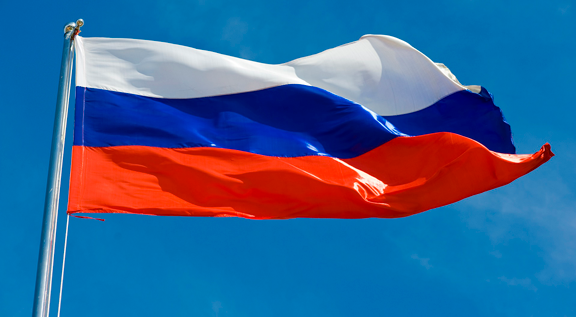
Image: Pixabay
The Russian government encourages grain companies to develop deep processing to begin exporting products with greater added value and generate more profit from sales abroad. So far, these efforts have been in vain, but things may change in the future.
By 2025, Russia will likely achieve sustainable production of 145 million tons of grain per year, said Alexander Korbut, vice-president of the Russian Grain Union. Domestic demand is expected to grow at a slow pace, so more Russian grain will reach foreign markets. In this context, the deep processing industry is needed to create a new anchor buyer of grains in Russia and mitigate price fluctuations on the global market, Korbut said.
{module Form RD}
However, there are more important reasons for Russia to develop a deep processing niche than slightly increasing domestic demand. “Deep processing technologies are important for developing bioeconomic products, the (global) size of which is estimated at US $ 8 trillion,” said Alexander Chulok, director of the Center for Scientific and Research Forecasting at the Russian Higher School of Economics, adding that the Russia definitely wants a piece of this pie.
In the early 2000s, when global oil prices soared, Russia made a critical mistake by failing to establish a sophisticated processing system, Chulok said. This fact is reflected in several statements Western politicians have made over the past decade, such as when U.S. Senator John McCain compared Russia to “a gas station,” noting that revenue from crude oil exports accounted for the majority of Russian GDP.
By: Leonardo Gottems | agrolink












